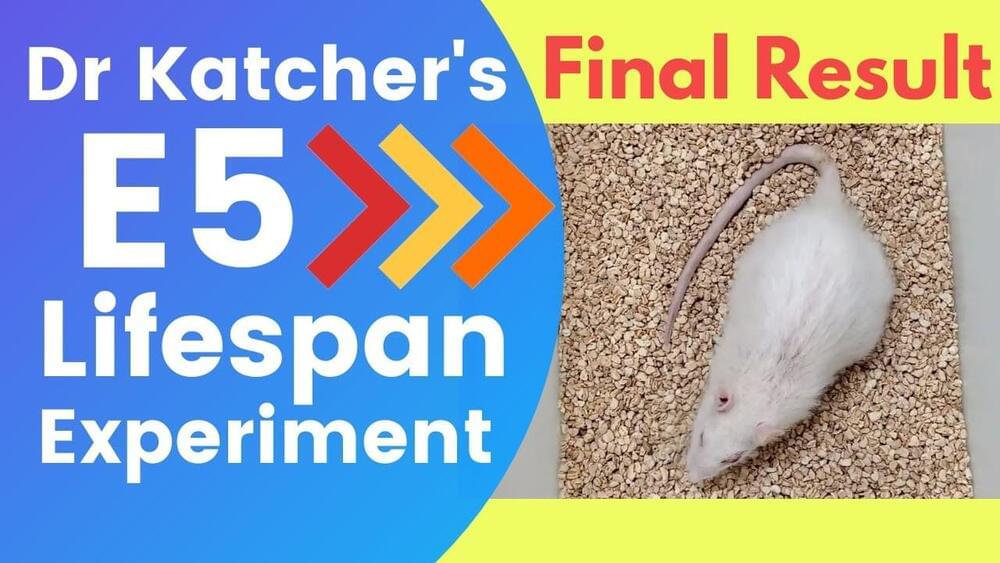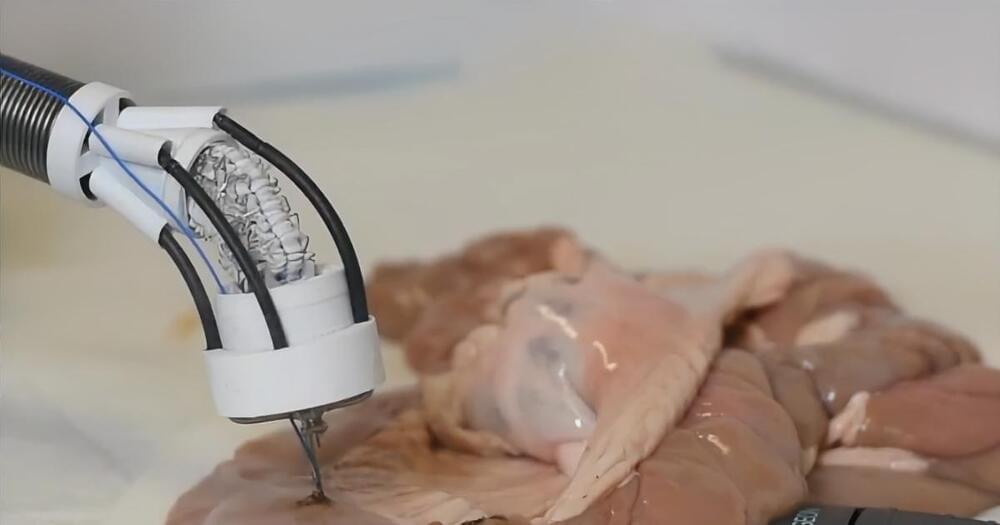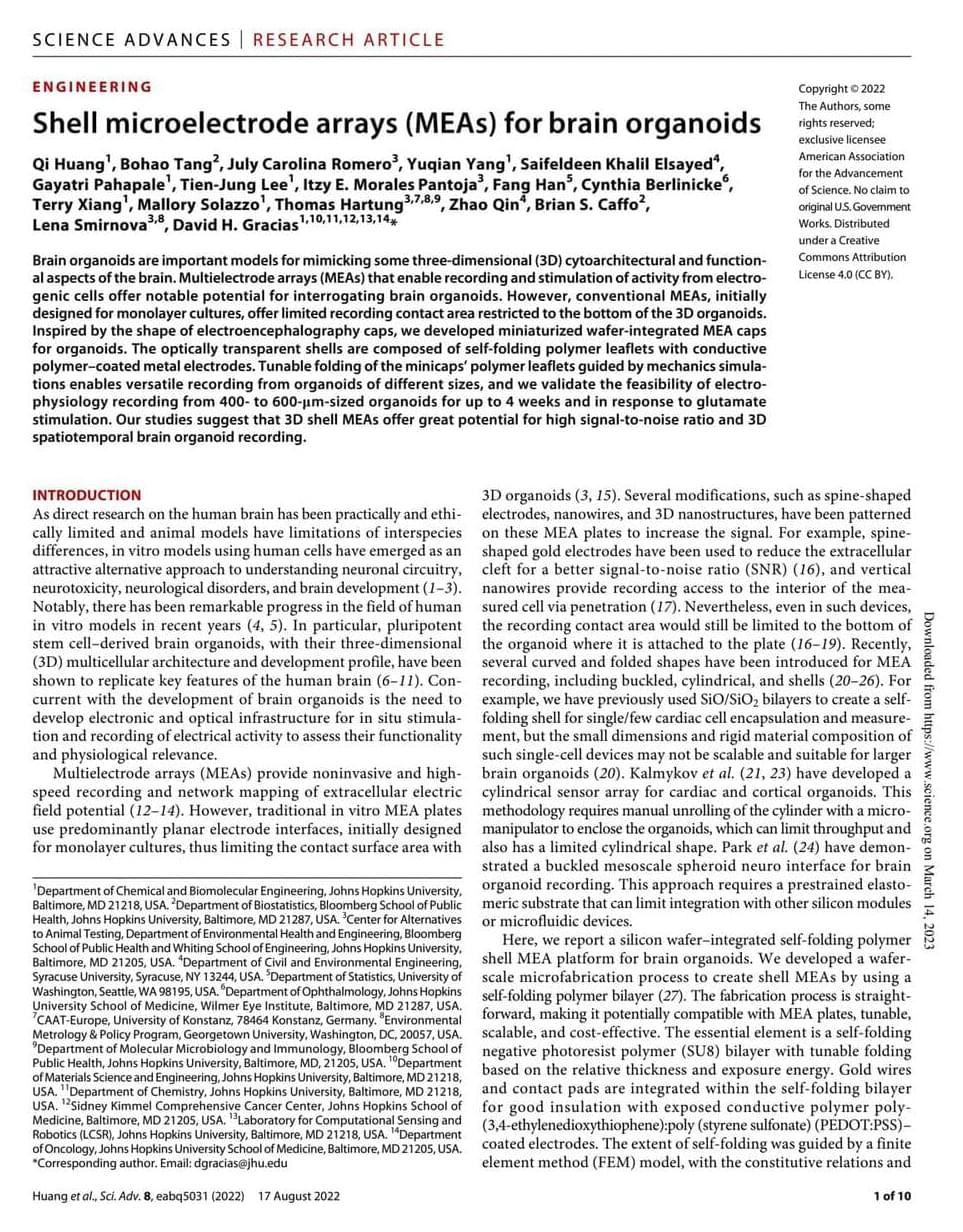So, 22% increase. Roughly like a 120 person, which means if this literally translates to people it means a maximizing of our current lifespan. The rest is just a rundown of Aubrey’s experiment.
Dr Katcher’s lifespan experiment has come to an end as the last remaining rat, Sima, has died. She was 1,464 days old which is a record for Sprague-Dawley rats. We also talk about the exciting Robust Mouse Rejuvenation project at the LEV Foundation.
Longevity Escape Velocity Foundation projects web page _https://www.levf.org/projects_
📃Papers in this video.
Reversing age: dual species measurement of epigenetic age with a single clock.
_https://www.biorxiv.org/content/10.1101/2020.05.07.082917v1.full_
*Renue By Science* 10% : _https://tinyurl.com/4yrf4tv3_









